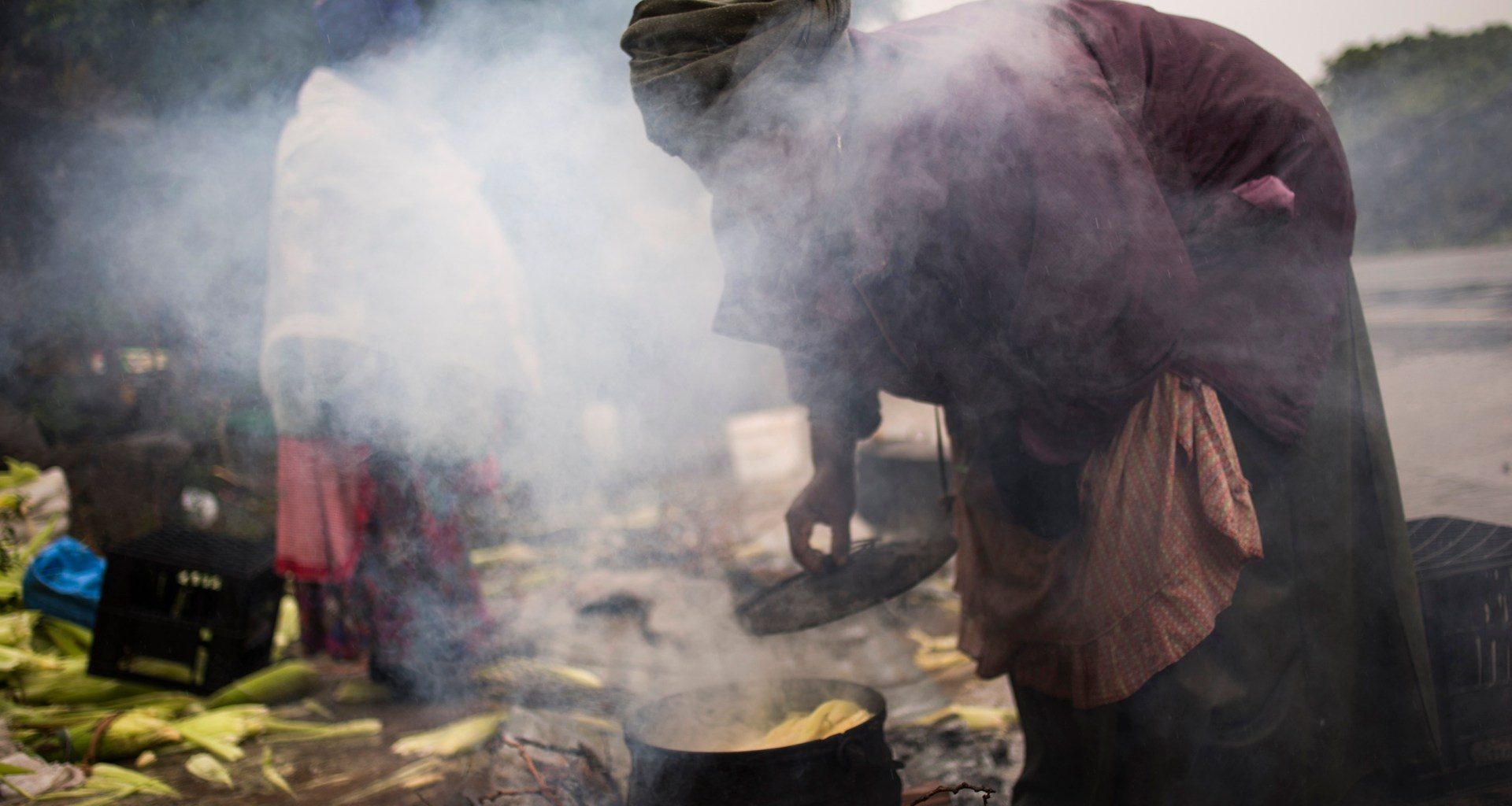
Harmful cooking practices result in the deaths of 3.7 million people every year with children and women most at risk.
According to the International Energy Agency (IEA), which is spearheading the summit, 2.3 billion people across 128 countries breathe in harmful smoke when they cook on basic stoves or over open fires.
In a recent report conducted with the African Development Bank (ADB), the IEA said those cooking practices result in the deaths every year of 3.7 million people, and children and women are most at risk.
The problem “touches on gender, it touches on forestry, it touches on climate change, it touches on energy, it touches on health”, the IEA’s sustainability and technology director Laura Cozzi told journalists.
A third of the world cooks with fuels that produce harmful fumes when burned, including wood, charcoal, coal, animal dung and agricultural waste.
They pollute indoor and outdoor air with fine particles that penetrate the lungs and cause multiple respiratory and cardiovascular problems, including cancer and strokes.
These cooking practices are the third highest cause of premature deaths in the world and the second highest in Africa. In children, they are a major cause of pneumonia.
‘More bang for the buck’
Switching to clean cooking methods, such as gas or electric cooking, would save 1.5 billion tonnes of carbon dioxide emissions a year by 2030 – roughly the amount emitted by ships and planes last year, according to the IEA.
Changing old methods and practices, however, would cost billions of dollars.
The ADB is seeking to raise $4bn to provide clean cooking access for 250 million Africans by 2030.
That amount is only a “small fraction” of the $2.8 trillion invested globally in energy each year, the ADB said in a statement issued before the summit.
But even that small investment would go a long way in saving more in the long term.
According to the ADB, the annual economic cost of women’s and girls’ time searching for fuel wood is estimated at $800bn, and the health costs are as high as $1.4 trillion.
“Dollar for dollar, it’s hard to imagine a single intervention that could have more bang for its buck in terms of health emissions and development than this,” Dan Wetzel, an IEA expert, said.
Such financial support is essential because many households in Africa cannot afford a suitable cooker or fuel.
The IEA also recommends strong national leadership as well as grassroots efforts to change social norms.
Read More: World News | Entertainment News | Celeb News
Aljazera







